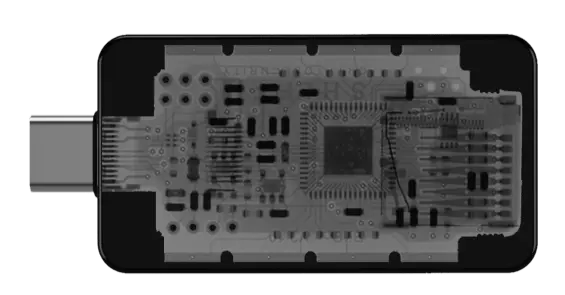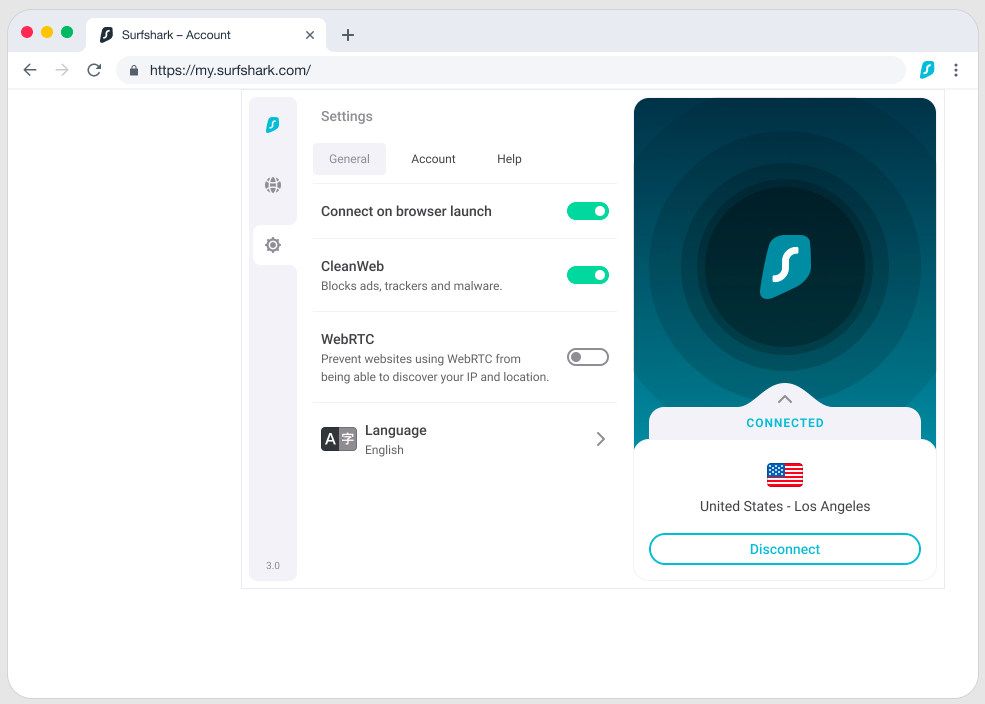As the leading global manufactures and vendors of mobile devices, Apple has repeatedly stated through campaigns and other PR platforms that they are committed to safeguarding their users privacy and security of their data.
Is this true?
A public battle over unlocking an iPhone for the FBI
One example of apple taking data security to an extreme level is the story about Apple refusing to give the FBI access to the iPhone of a terrorist on December 2015 when a horrible mass shooting occurred in San Bernardino, California.
The FBI recovered an iPhone belonging to one of the shooters, and asked for Apple’s help in unlocking it to access the data stored on the device. Apple cooperated up to the point where they provided all the data that was stored on their servers pertaining to the iPhone that was found.
But, the FBI wanted Apple to create a new software tool that would allow them to bypass the iPhone’s security features and access the encrypted data stored on the device itself. Apple refused to do this saying it would hurt the privacy and security of their users.
Apples CEO, Tim Cook, wrote a letter explaining their position, saying that the creation of such a tool would set a dangerous precedent and could be used by hackers or authoritarian regimes to gain access to individuals’ private information. Tim Cook said that Apple believes in encryption as a fundamental tool to protect people’s privacy, and that the company had provided all the assistance it could without compromising its principles.
The dispute between the two ended up in court with a highly publicized legal battle. Ultimately, the FBI was able to access the iPhone with the help of a third-party vendor, and the case was dropped.
Apple’s Data Protection in Encryption
Apple devices are Encrypted coming out of the box. They use Advanced Encryption Standard(AES) for their phones it is used to protect all data stored on Apple devices, including photos, messages, contacts, and other sensitive information.
They also use Transport Layer Security (TLS) to encrypt data that is transmitted between its devices and servers. TLS protocol provides secure communication over the internet, and is used for data through Apples services like iCloud, iMessage, and FaceTime.
Apple also employs hardware-based encryption through its Secure Enclave technology. The Secure Enclave is a separate processor on Apple devices that is responsible for storing and encrypting sensitive information such as passwords and biometric data. This hardware-based encryption provides an additional layer of protection against unauthorized access
Privacy Features within Apps
Apple’s data protection offers more than encryption they also offer features which block certain apps from gaining access to user information.
Here is a list of features Apple has
- App Store Review process: Apple subjects all apps to a strict review process to ensure that they comply with the company’s privacy and security guidelines.
- App Permissions: Apple allows users to control which apps have access to certain data, such as location data, contacts, and photos.
- Privacy Labels: With the introduction of privacy labels, Apple requires developers to disclose what data their apps collect and how that data is used.
- Intelligent Tracking Prevention: Apple’s Intelligent Tracking Prevention feature in Safari prevents websites from tracking user activity across the web.
- Sign in with Apple: Apple’s Sign in with Apple feature allows users to sign in to apps and websites without sharing their personal information.
- Limit Ad Tracking: Apple provides an option to limit ad tracking, which prevents advertisers from tracking users across different apps and websites.
With all these features and functions its safe to assume that your data privacy and security is safe with Apple.
Learn how where your data goes when stolen on the internet
Why BitBox is Great for the New USB-C Age
What is BitBox? Well if your new to the internet or don’t know anything about…
Can Microsoft read the data in your files?
Companies, Governments and privacy gurus (myself) are becoming 10x more risk averse when it comes…
How to Remove Metadata from your Photos
Metadata is a huge culprit when it comes to privacy online. Anything you create or…
What is the Best Router to Buy?
Having the best WiFi modem in your hands is not just a luxury; it’s a…
Are You Allowed to Own a Wifi Jammer?
The technology environment is getting larger and cheaper day by day. This type of growth…
Does your W-2 spy on you?
With Hybrid work and work from home becoming more prevalent after Covid-19, corporate life is…




